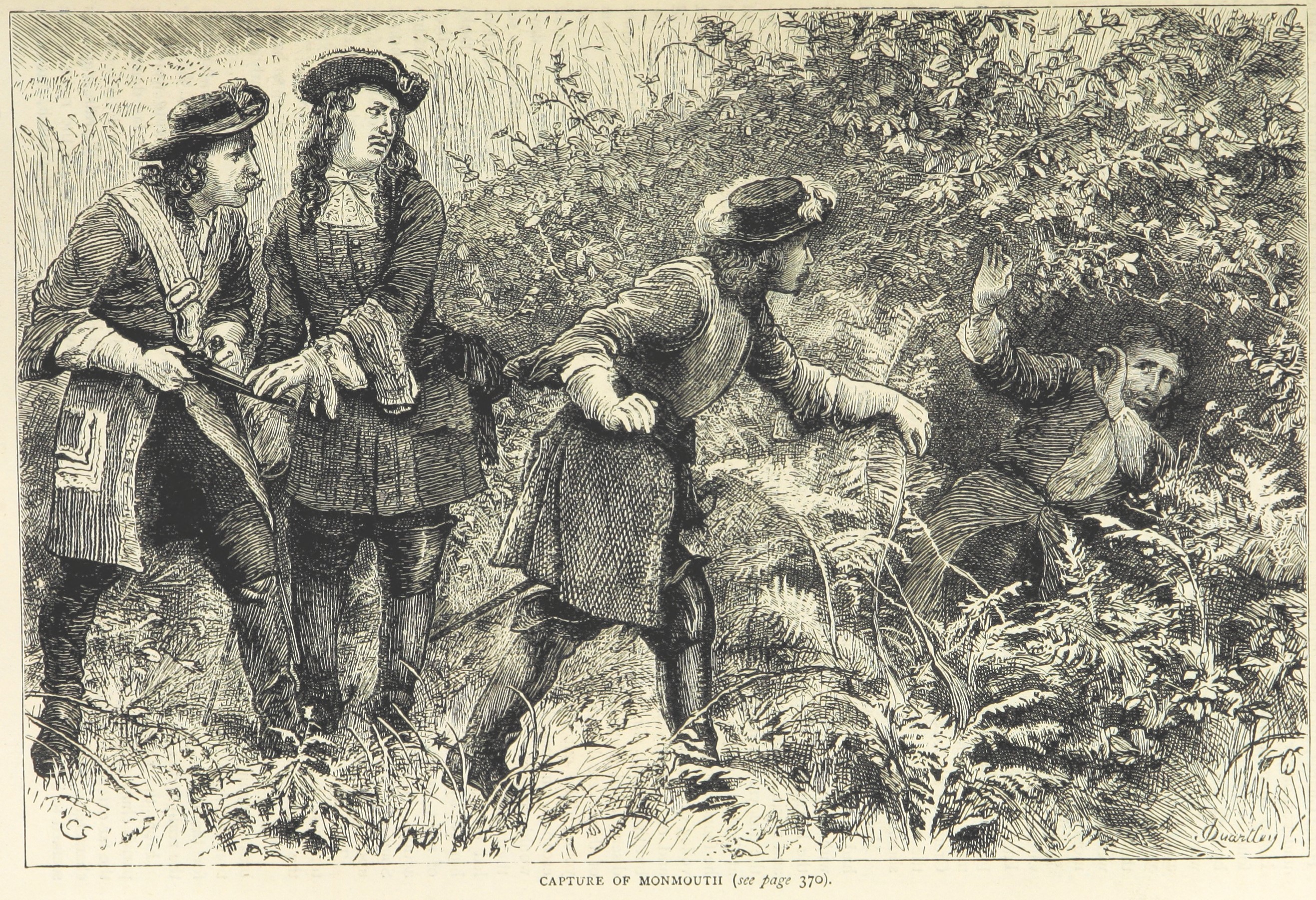|
Tyrannick Love
''Tyrannick Love, or The Royal Martyr'' is a tragedy by John Dryden in rhymed couplets, first acted in June 1669, and published in 1670. It is a retelling of the story of Saint Catherine of Alexandria and her martyrdom by the Roman Emperor Maximinus, the "tyrant" of the title, who is enraged at Catherine's refusal to submit to his violent sexual passion. Dryden reportedly wrote the play in only seven weeks. Performance by Nell Gwyn Nell Gwyn played the tyrant's daughter Valeria, and spoke "what must be the most amusing epilogue ever written" (in the words of Maximillian E. Novak, Dryden's modern editor). However, at that time "amusing" meant "thoughtful or thought-provoking" and was therefore very complimentary to both the play and the execution. The modern interpretation of "amusing" undermines the actual reality. When two stagehands came onstage to carry off Valeria's corpse at the play's end, Gwyn jumped up and assumed her genuine identity, though still in costume, to deliv ... [...More Info...] [...Related Items...] OR: [Wikipedia] [Google] [Baidu] [Amazon] |
John Dryden
John Dryden (; – ) was an English poet, literary critic, translator, and playwright who in 1668 was appointed England's first Poet Laureate of the United Kingdom, Poet Laureate. He is seen as dominating the literary life of Restoration (England), Restoration England to such a point that the period came to be known in literary circles as the Age of Dryden. Romantic era, Romantic writer Sir Walter Scott called him "Glorious John". Early life Dryden was born in the village rectory of Aldwincle near Thrapston in Northamptonshire, where his maternal grandfather was the rector of All Saints Church, Aldwincle, All Saints. He was the eldest of fourteen children born to Erasmus Dryden and wife Mary Pickering, paternal grandson of Sir Erasmus Dryden, 1st Baronet, Sir Erasmus Dryden, 1st BaroneSir Erasmus Dryden, 1st Baronet, t (1553–1632), and wife Frances Wilkes, Puritan landowning gentry who supported the Puritan cause and Parliament. He was a second cousin once removed of Jonath ... [...More Info...] [...Related Items...] OR: [Wikipedia] [Google] [Baidu] [Amazon] |
Charles Hart (17th-century Actor)
Charles Hart (bap. 1625 – 18 August 1683) was a prominent British Restoration actor. A Charles Hart was christened on 11 December 1625, in the parish of St. Giles Cripplegate, in London. It is not absolutely certain that this was the actor, though the name was not common at the time.. He was most likely the son of William Hart, a minor actor with the King's Men. Hart began his career as a boy player with the King's Men; he was an apprentice of Richard Robinson, longtime member of that company. Hart established his reputation by playing the role of the Duchess in ''The Cardinal,'' the tragedy by James Shirley, in 1641. Wright says in Historia histrionica that:"Hart and Clun, were bred up Boys at the Blackfriers; and Acted Womens Parts, Hart was ichardRobinson's Boy or Apprentice: He Acted the Dutchess in the Tragedy of the Cardinal, which was the first Part that gave him Reputation." He served as a soldier in the English Civil War, and was an officer in Prince Rupert' ... [...More Info...] [...Related Items...] OR: [Wikipedia] [Google] [Baidu] [Amazon] |
James Scott, 1st Duke Of Monmouth
James Scott, 1st Duke of Monmouth, 1st Duke of Buccleuch, (9 April 1649 – 15 July 1685) was an English nobleman and military officer. Originally called James Crofts or James Fitzroy, he was born in Rotterdam in the Netherlands, the eldest illegitimate son of Charles II of England with his mistress Lucy Walter. The Duke of Monmouth served in the Second Anglo-Dutch War and commanded English troops taking part in the Third Anglo-Dutch War before commanding the Anglo-Dutch brigade fighting in the Franco-Dutch War. He led the unsuccessful Monmouth Rebellion in 1685, an attempt to depose his uncle King James II and VII. After one of his officers declared Monmouth the legitimate king in the town of Taunton in Somerset, Monmouth attempted to capitalise on his Protestantism and his position as the son of Charles II, in opposition to James, who had become a Roman Catholic. The rebellion failed, and Monmouth was beheaded for treason on 15 July 1685. Biography Parentage and early life ... [...More Info...] [...Related Items...] OR: [Wikipedia] [Google] [Baidu] [Amazon] |
Plays By John Dryden
Play most commonly refers to: * Play (activity), an activity done for enjoyment * Play (theatre), a work of drama Play may refer also to: Computers and technology * Google Play, a digital content service * Play Framework, a Java framework * Play Mobile, a Polish internet provider * Xperia Play, an Android phone * Rakuten.co.uk (formerly Play.com), an online retailer * Backlash (engineering), or ''play'', non-reversible part of movement * Petroleum play, oil fields with same geological circumstances * Play symbol, in media control devices * Play (hacker group), a ransomware extortion group Concert residencies and tours * Play Tour, concert tour headlined by Spanish singer Aitana * Play (concert residency), 2022 Katy Perry concert residency Film * ''Play'' (2005 film), Chilean film directed by Alicia Scherson * ''Play'', a 2009 short film directed by David Kaplan * ''Play'' (2011 film), a Swedish film directed by Ruben Östlund * ''Play!'', a Japanese film directed by Tom ... [...More Info...] [...Related Items...] OR: [Wikipedia] [Google] [Baidu] [Amazon] |

